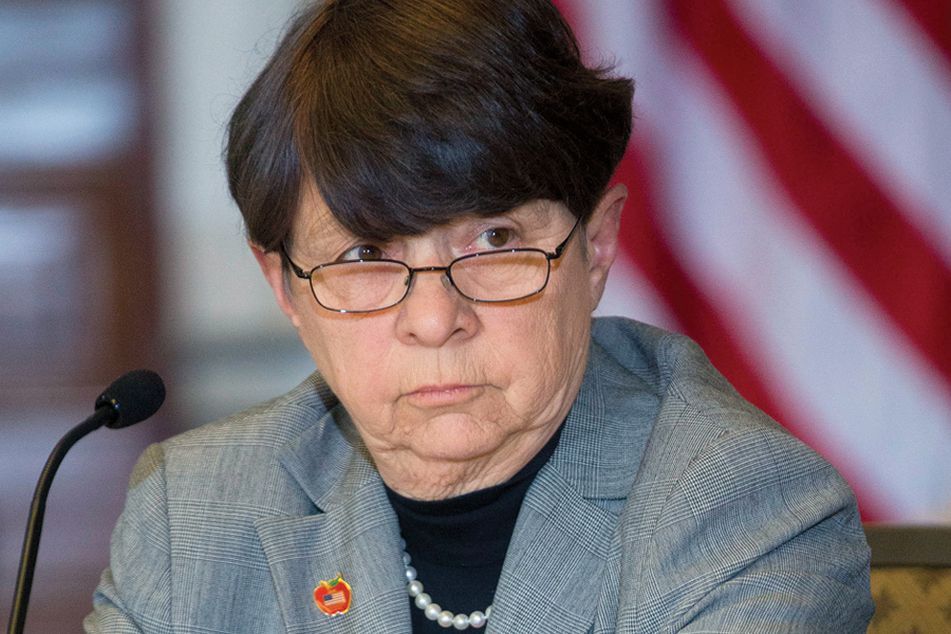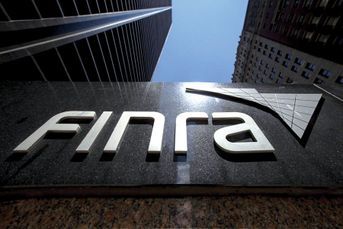SEC’s White says private placement fundraising booming, but fraud is not
 Mary Jo White
Mary Jo White
She notes that advertising of sophisticated investments has been muted.
Hedge funds, private equity managers and issuers of private placements are raising more money from investors than ever before, but only a handful are taking advantage of new regulations that would allow them to advertise directly to investors.
Meanwhile, the flood of fraud many feared would occur in the wake of new regulations has not occurred, according to the Securities and Exchange Commission.
SEC Chairwoman Mary Jo White made that clear in a speech Wednesday morning in New York that addressed the JOBS Act and the next phase of reforms in securities offerings made under Rule 506 of Regulation D, commonly referred to as private placements in the securities industry.
“A record amount, $1.3 trillion, was reported as raised through Rule 506 offerings in the last completed calendar year 2014,” Ms. White said, according to a transcript of her speech. “But only a small fraction of issuers claimed the new exemption permitting general solicitation.”
The 2012 Jumpstart Our Business Startups Act lifted the ban of a general solicitation of specific types of private placements, which can only be sold to wealthy, accredited investors. At the time, state securities regulators and plaintiffs attorneys decried the wider solicitation of private placements, claiming it would put less-sophisticated investors at peril.
So far, that has not happened, according to Ms. White.
“We have some investigations open, primarily focused on companies’ failure to take reasonable steps to verify the status of investors, sales to unaccredited investors, unregistered broker-dealer activity and some instances of possible fraud,” Ms. White said. “There has not been to date, however, a demonstration of the widespread fraud that some feared would occur.”
It was not surprising that hedge funds and other issuers of investments for the sophisticated have shied away from wider solicitations despite the new regulations, one observer said.
“If they were advertising, they would be out there for everybody to see, including the regulators,” said Jennifer Johnson, dean of the Lewis & Clark Law School and Erskine Wood senior professor of law. Also, if a private placement raises money and advertises, it must take “affirmative steps [demonstrating] the issuer is only selling to accredited investors,” Ms. Johnson said.
The issuers of private placements that choose not to advertise also have to make sure they are selling to accredited investors, she noted, “but the steps are not as stringent to make sure the investors are accredited.”
Learn more about reprints and licensing for this article.








